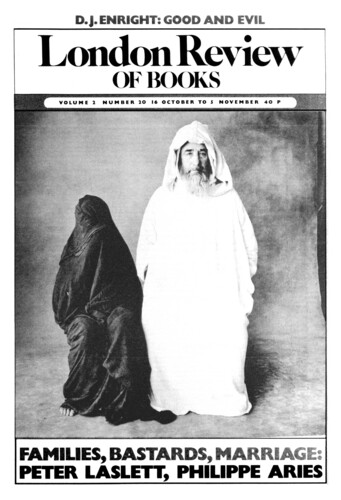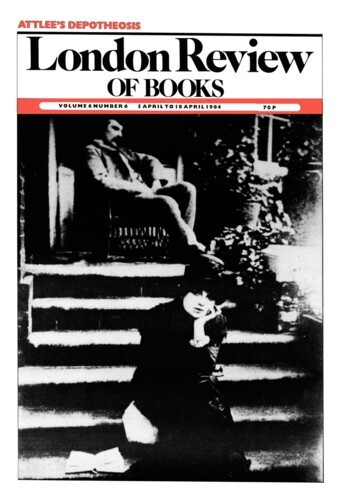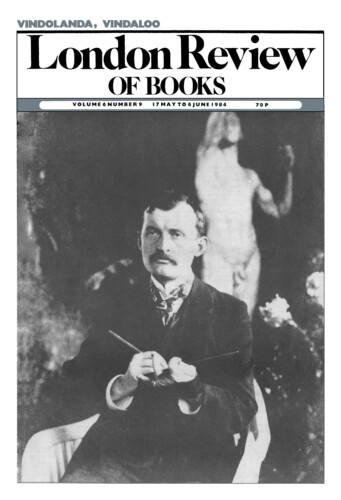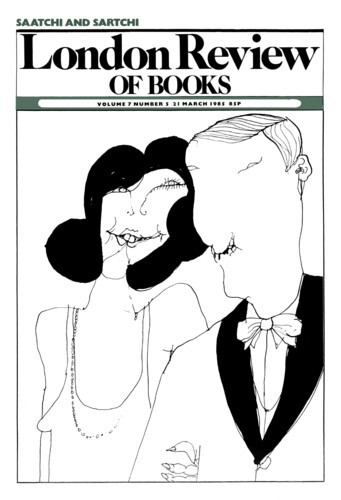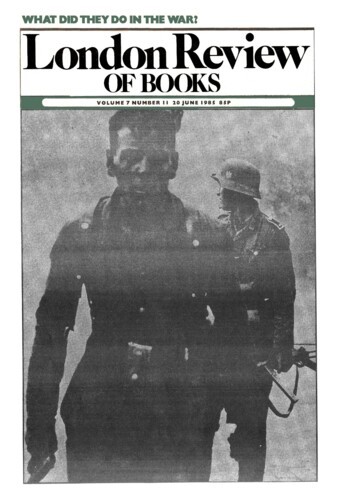On 16 May 1940, when the German Army had just overwhelmed Holland, police swooped to arrest 3,000 men born in the Reich but now living in Britain. Some were billeted in the offices of the Tote organisation. Queuing for lunch, one detainee saw an army officer brandishing a revolver at a boy:
Collar the lot! How Britain Interned and Expelled its Wartime Refugees by Peter Gillman and Leni Gillman. A Bespattered Page? The Internment of ‘His Majesty’s Most Loyal Enemy Aliens’ by Ronald Stent. On 16 May 1940, when the German Army had just overwhelmed Holland, police swooped to arrest 3,000 men born in the Reich but now living in Britain. Some were billeted in the offices of the Tote...
